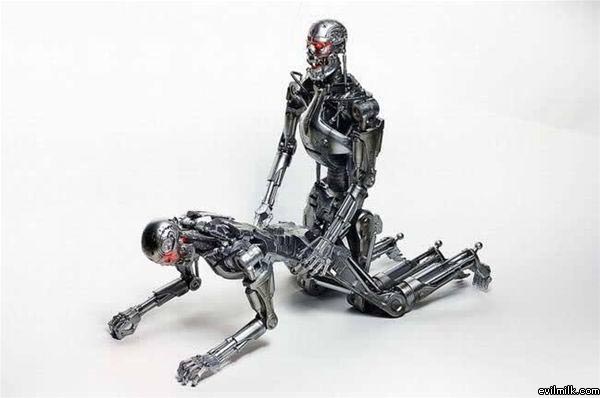That sequence, from the film commonly called Gold Diggers of 1933 (to distinguish it from its 1935 remake) is an artifact of mostly lost artform. Musicals in general are nowhere near as popular as they once were, even after the huge craze for them in the late 20's and 30's died down. But they have never truly disappeared. But one thing that seems to have disappeared is the sense of scale and fantasy. All of the famous musicals that everyone remembers, West Side Story, The Sound of Music, or even The Wizard of Oz, have song and dance sequences that stick closely to reality (in as much as a movie can when its characters are constantly and inexplicably bursting into song) and utilize choreography that shows off the skill of the dancers, as opposed to the skill of the filmmaker.
The classic musical director and choreographer Bubsey Berkely had a different way of doing things. He had a grandiose and fantastical style, and crafted sequences that pushed the limits of scale and complexity, often utilizing hundreds of dancers. But more than sheer size, Bubsey Berkeley also recognized how to bring the unique aspects of the film medium into these sequences. The clip above is a perfect example. It begins literally depicting a musical number on a stage. At first we see it unfold very much as if we were seeing it in a theater, complete with the staging and special effects you'd see in that medium, but eventually it morphs into a fantastical sequence that could only be done on film. The camera flies over dancers on a massive set. Dozens of violinists swirlling to the music creates a unique visual effect which then leads to another as the lights are dimmed and the violins become illuminated. This leads to yet more sequences employing cinematic visual effects and editing that expand the sequence beyond the borders of reality, creating something that feels more akin to a dream sequence, or Disney's Fantasia.
Berkeley became famous for this sort of sequence and continually sought to top himself. His sequences are full of optical effects and highly elaborate staging. One of the great pleasures of watching them is seeing how the camera and the editing become a part of the choreography. The use of the camera this way creates a sense of wonder and excitement, since you never really know what's coming. Berkeley also often filled the sequences with subtle visual metaphors and innuendo. A great example is this sequence from Dames (1934):
Its of course incredibly sexualized (this was before the indroduction of the Production Code). Bubsy Berkeley's extensive use of the male gaze has be widely discussed by many film scholars. That being said, I still think there's a great deal of pleasure to be gained from the sheer creativity that goes into it all. And I can't help but laugh when I see the shot at 4:45-5:05.
I really want to see someone try to bring this sort of style back to a modern musical. With the better part of a century past, I'd think the language of cinema has advanced to a point where a creative director who wanted to pay homage to those classics could do some really amazing stuff. Personally, I think that director would almost have to be Michel Gondry. He's a visual wizard and has a background making music videos. I think you can certainly see an echo of Bubsy Berkeley his video for The Chemical Brother's "Let Forever Be":




